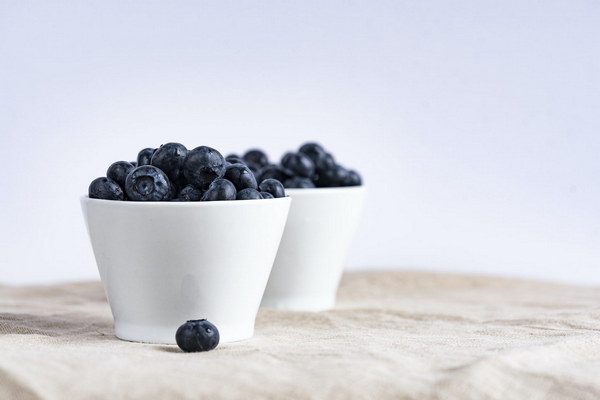Nutritional Herbs for Esophageal Nodules A Guide to Herbal Remedies
Esophageal nodules, often benign growths in the esophagus, can sometimes cause discomfort and difficulty in swallowing. While medical treatment under a healthcare professional's guidance is crucial, certain natural remedies and herbal supplements may offer additional support. This article explores the best herbal remedies and nutritional herbs that could benefit individuals with esophageal nodules.
Understanding Esophageal Nodules
Before diving into the herbal remedies, it's important to understand what esophageal nodules are. These are usually small, round or oval-shaped growths that can occur on the lining of the esophagus. While most nodules are benign, they can sometimes be a sign of more serious conditions. Symptoms may include difficulty swallowing, pain, or a feeling of a lump in the throat.
Herbal Remedies for Esophageal Nodules
1. Ginger (Zingiber officinale)
Ginger is a well-known herb that has anti-inflammatory properties. It can help reduce the inflammation in the esophagus, potentially alleviating some of the symptoms associated with esophageal nodules. Ginger tea or ginger supplements might be beneficial.
2. Mint (Mentha spp.)
Mint is known for its soothing properties and can help with indigestion and heartburn, which are common symptoms of esophageal nodules. Peppermint tea is particularly helpful, as it can reduce the production of stomach acid and relax the muscles of the esophagus.
3. Licorice Root (Glycyrrhiza uralensis)
Licorice root has anti-inflammatory and demulcent properties, which can help soothe the esophagus. It is also believed to have immune-boosting properties that might aid in fighting off infections that could contribute to esophageal issues.
4. Astragalus (Astragalus membranaceus)
Astragalus is an adaptogenic herb that can strengthen the immune system and improve overall health. It may help the body's natural defenses in dealing with esophageal nodules.
5. Marshmallow Root (Althaea officinalis)
Marshmallow root is known for its demulcent properties, which can coat and soothe the lining of the esophagus. It can help reduce inflammation and irritation.
6. Slippery Elm (Ulmus rubra)
Slippery Elm is another demulcent herb that can provide a protective coating to the esophagus, reducing irritation and inflammation.
Nutritional Herbs and Their Benefits
1. Green Tea (Camellia sinensis)
Green tea is rich in antioxidants and has been shown to have anti-inflammatory effects. It can help reduce the risk of esophageal cancer and may aid in managing the symptoms of esophageal nodules.
2. Turmeric (Curcuma longa)
Turmeric contains curcumin, a compound with powerful anti-inflammatory properties. It may help reduce inflammation in the esophagus and support overall health.
3. Gut-Supporting Herbs
Maintaining a healthy gut is essential for overall health. Herbs like chamomile, fennel, and ginger can help with digestion and reduce symptoms of indigestion, which can be exacerbated by esophageal nodules.
How to Incorporate Herbal Remedies
It is important to consult with a healthcare professional before starting any new herbal remedies, especially if you are currently on medication or have underlying health conditions. Here are some general guidelines on how to incorporate these herbs into your daily routine:
- Ginger Tea: Steep 1-2 teaspoons of fresh ginger in hot water for 5-10 minutes, strain, and drink 2-3 times a day.
- Mint Tea: Brew 1-2 teaspoons of dried peppermint leaves in hot water for 5-10 minutes, strain, and drink after meals.
- Licorice Root: Take 250-500 mg of licorice root extract twice a day, but avoid long-term use.
- Astragalus: Use 3-6 grams of dried root powder or a standardized extract, following the dosage instructions on the supplement label.
- Marshmallow Root: Prepare a tea with 1-2 teaspoons of the root powder in hot water, or take as a supplement.

Remember, while herbal remedies can offer relief and support, they should not replace conventional medical treatment. If symptoms persist or worsen, it is crucial to seek medical advice.
By incorporating these natural and nutritional herbs into your diet, you may be able to alleviate some of the discomfort associated with esophageal nodules and support your overall health. Always prioritize the guidance of healthcare professionals when dealing with medical conditions.









